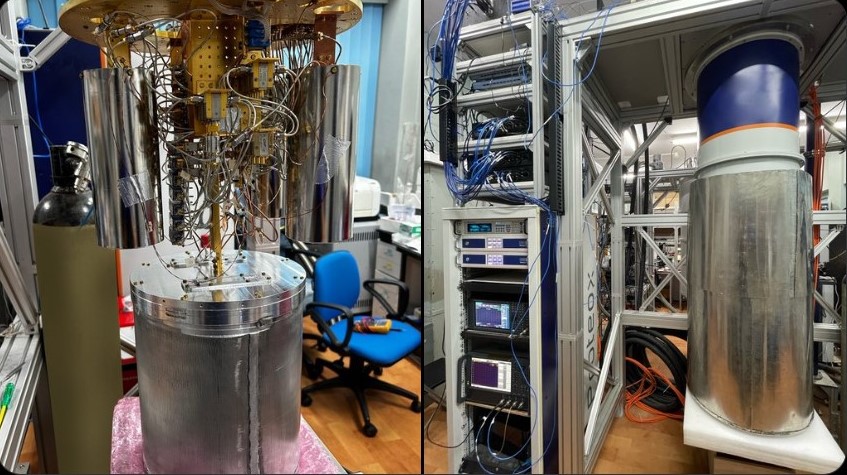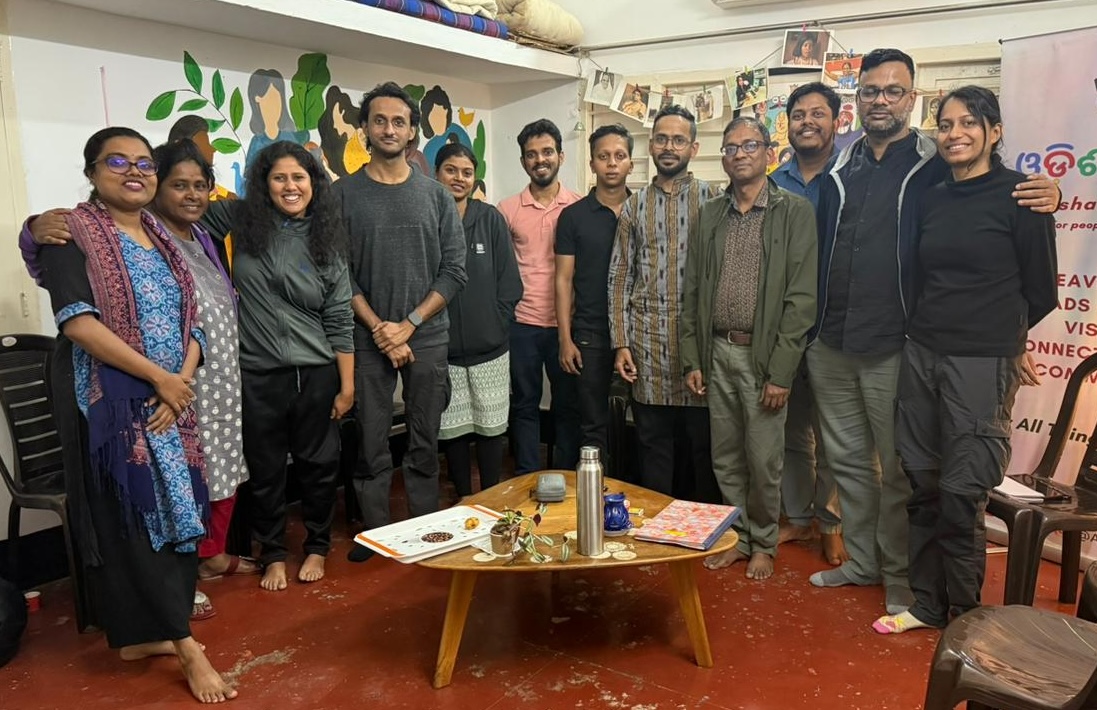Pune/Mumbai: In a breakthrough development for India’s quantum technology ambitions, scientists from the DRDO Young Scientists Laboratory for Quantum Technologies (DYSL-QT) and the Tata Institute of Fundamental Research (TIFR) have completed the successful end-to-end testing of a 6-qubit quantum processor based on superconducting circuit technology. The test was demonstrated in front of the apex committee overseeing DYSL-QT and involved executing quantum circuits through a cloud-based interface connected to the quantum hardware.
The project, based at TIFR’s Colaba campus, is a collaborative effort between DYSL-QT, TIFR, and Tata Consultancy Services (TCS). The 6-qubit quantum processor marks a significant achievement in India’s efforts to develop indigenous quantum computing technologies. The DYSL-QT scientists integrated the control and measurement systems using a mix of off-the-shelf electronics and custom-programmed development boards, while TIFR designed and fabricated the qubits. The architecture of the quantum processor is based on a novel ring-resonator design invented at TIFR, and the cloud-based interface was developed by TCS.
The scientists are now focused on optimizing the system’s performance before making it accessible for broader research and educational purposes. The long-term goal includes scaling the quantum processor and addressing the technological, developmental, and commercial challenges of quantum computing. This will involve evaluating quantum theory, engineering, and business feasibility to expand the system’s capabilities and potential applications.





